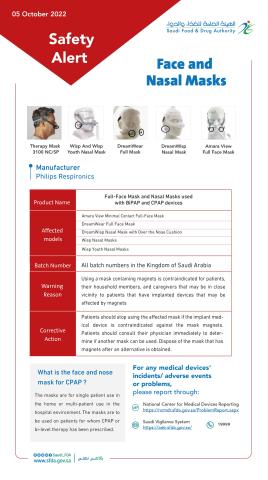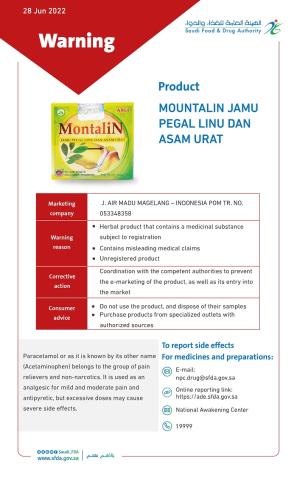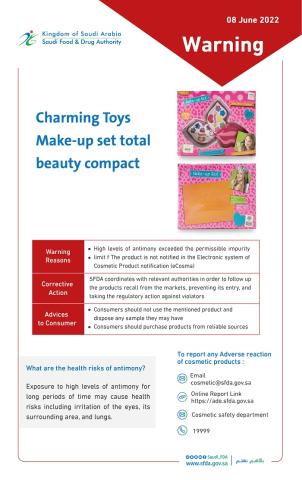The Centers for Disease Control and Prevention (CDC), collaborating with the Food and Drug Administration, state and other partners, has identified an outbreak of a serious but rare eye infection called Acanthamoeba keratitis (AK). This infection is caused by a free-living ameba (Acanthamoeba) a microscopic organism found everywhere in nature. Infections can result in permanent visual impairment or blindness. AK primarily affects otherwise healthy people, most of whom wear contact lenses. In the United States, an estimated 85% of cases of this infection occur in contact lens users. The incidence of the disease in the U.S. is approximately one to two cases per million contact lens users.
CDC has received reports of 138 cases of culture-confirmed AK in 35 states and Puerto Rico, with complete patient data available for 46 case-patients. Thirty-nine of the 46 case-patients wore soft contact lenses. Preliminary information obtained by CDC from patient interviews indicates that, among soft contact lens users who reported the use of any type of solution, 21 (58%) reported having used Advanced Medical Optics (AMO) CompleteR MoisturePlusTM Multi-Purpose Solution in the month prior to symptom onset. Out of the 37 case-patients for whom clinical data was available, 9 (24%) failed medical therapy and required or are expected to undergo corneal transplantation.
Based on these findings people who wear soft contact lenses who use Advanced Medical Optics (AMO) CompleteR MoisturePlusTM Multi-Purpose Solution should:
Stop using the product immediately and discard all remaining solution including partially used or unopened bottles. Choose an alternative contact lens solution.
Discard current lens storage container.
Discard current pair of soft lenses.
See a health care provider if experiencing any signs of eye infection: Eye pain, eye redness, blurred vision, sensitivity to light, sensation of something in the eye, or excessive tearing.
All contact lens users should closely follow prevention measures to help prevent eye infections, which include
See an eye care professional for regular eye examinations.
Wear and replace contact lenses according to the schedule prescribed by an eye care professional.
Remove contact lenses before any activity involving contact with water, including showering, using a hot tub, or swimming.
Wash hands with soap and water and dry before handling contact lenses.
Clean contact lenses according to the manufacturer's guidelines and instructions from an eye care professional.
Use fresh cleaning or disinfecting solution each time lenses are cleaned and stored. Never reuse or top off old solution.
Never use saline solution and rewetting drops to disinfect lenses. Neither solution is an effective or approved disinfectant.
Store reusable lenses in the proper storage case.
Storage cases should be rinsed with sterile contact lens solution (never use tap water) and left open to dry after each use.
Replace storage cases at least once every three months
Clinicians evaluating contact lens users with symptoms of eye pain or redness, tearing, decreased visual acuity, discharge, sensitivity to light, or foreign body sensation should consider AK and refer the patient to an ophthalmologist, if appropriate. Diagnosis requires a high degree of suspicion, especially in a contact lens wearer with a recent diagnosis of another form of keratitis, such as herpes simplex virus keratitis, who is not responding to therapy. Diagnosis is made on the basis of clinical picture and isolation of organisms from corneal culture or detection of trophozoites and/or cysts on histopathology. However, a negative culture does not necessarily rule out Acanthamoeba infection. Confocal microscopy and polymerase chain reaction assays to detect Acanthamoeba may also assist with diagnosis. Early diagnosis can greatly improve treatment efficacy.
Clinicians should consider obtaining clinical specimens (e.g., corneal scrapings) for culture before initiating treatment. Clinicians or microbiology laboratories should report cases of AK to state and local health departments or directly to CDC at telephone, 770-488-7775. Acanthamoeba isolates should be submitted to state laboratories according to instructions provided by local and state public health laboratories.



